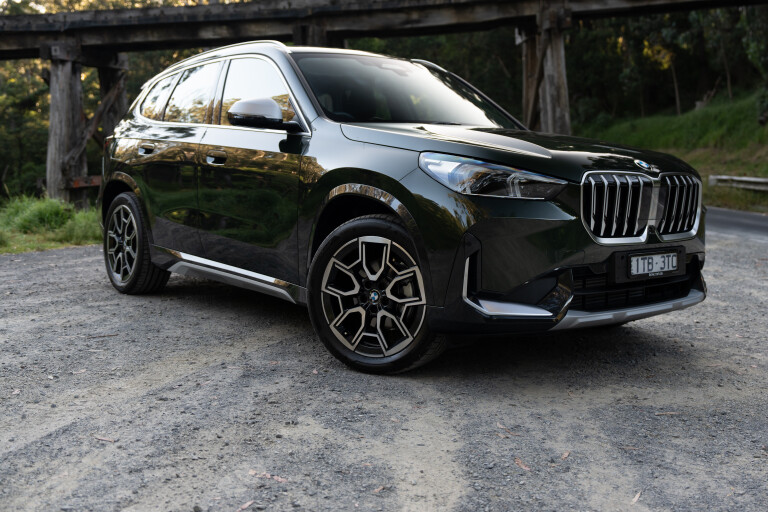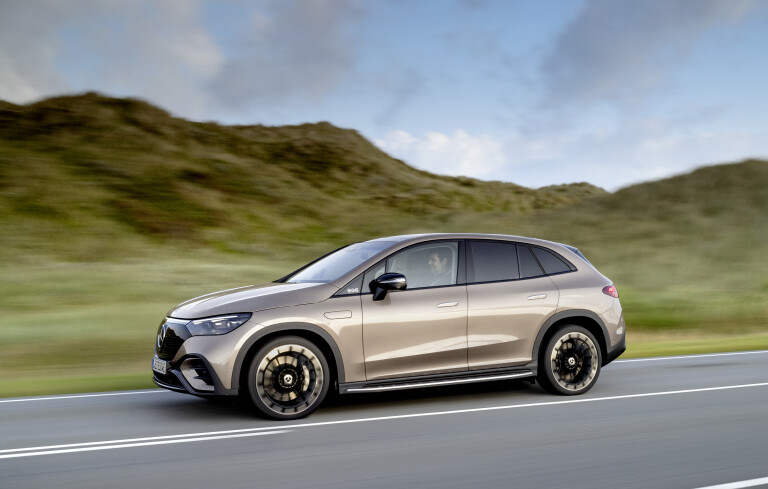
Snapshot
- Volvo COO criticises blocking features under subscriptions
- BMW, Tesla and Toyota have adopted subscription model in Australia
- Subscriptions ensure profitability beyond purchasing the vehicle
Volvo has promised it won’t adopt subscriptions to unlock features via software updates, despite the growing list of other car brands aiming to ensure profitability beyond purchasing a vehicle.
“If you are to charge for software updates, it must be a step change in consumer benefit,” Volvo Cars deputy CEO and chief operating officer Björn Annwall told Bloomberg.
“We will not ask people who have bought a car for 1 million kronor [AU$140,000] to pay another 10 kronor [AU$1.40] to get extra heat in the seat.”

Subscription-based features mean the hardware capabilities are already in the vehicle, but owners must pay a regular fee to enable it via an over-the-air software update.
BMW’s latest entry-level X1 small SUV recently introduced 'Features on Demand' in Australia, where heated front seats and a heated steering wheel can be unlocked by paying a monthly or yearly subscription, but can be purchased outright for lifetime use.
For example, heated seats on the base X1 sDrive18i cost $29 per month, $289 per year, $419 every three years, or $589 outright.

Meanwhile, Tesla also requires a $9.99 per month Premium Connectivity subscription to unlock more internet-related features such as satellite view maps with live traffic visual aids, video and music streaming, and remote mobile app live camera monitoring.
Similarly, Toyota debuted two Connected Services subscription plans costing $9.95 and $12.50 per month on the Corolla Cross small SUV to gain additional functions like remote engine start from a mobile app, connected navigation, and a built-in voice assistant.
Mercedes-Benz has also introduced a subscription-based performance software upgrade for its EQE and EQS electric sedans in the USA to slash acceleration times by one second.
However, Top Gear Netherlands reports it’s facing legal issues in Europe, even though a one-off payment such as the Polestar 2's performance update isn’t an issue.

Hyundai has also suggested adopting a subscription model for “performance and functionality” upgrades, while Volkswagen’s software division has said autonomous driving can be enabled on-demand or via a subscription payment.
Volvo cars are powered by Google’s Android Automotive infotainment operating system and are capable of over-the-air updates.
The Swedish automaker has promised to only offer all-electric models by 2026 in Australia, with the flagship EX90 large SUV spearheading the transition in 2024.


COMMENTS